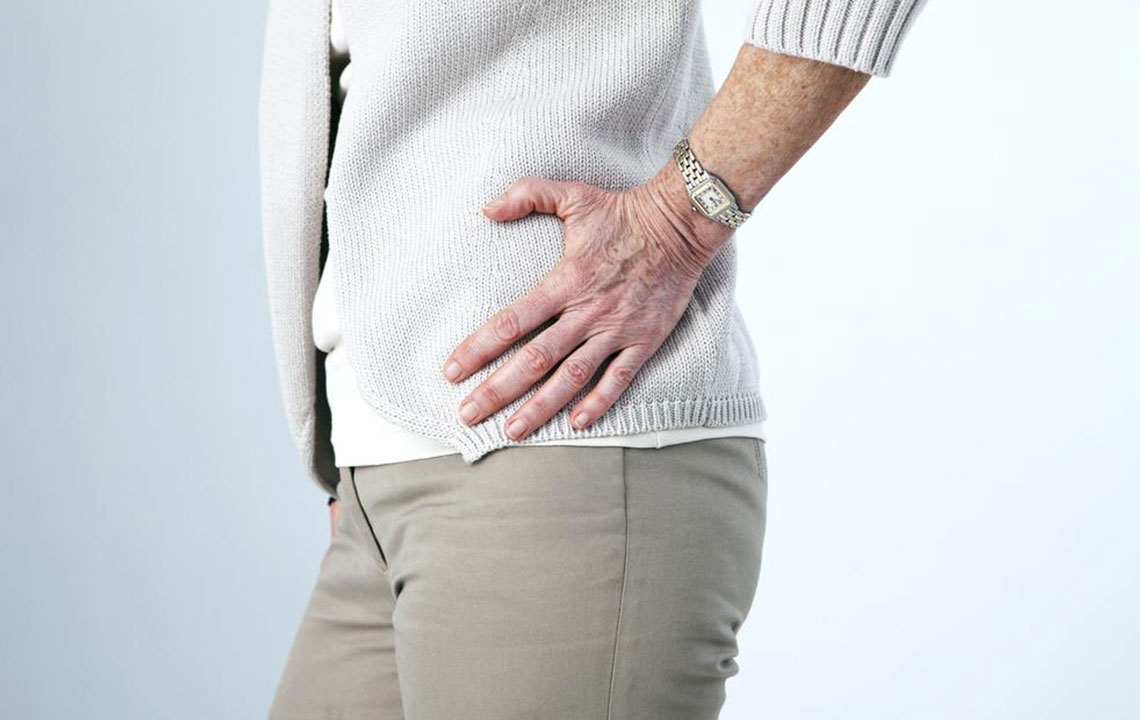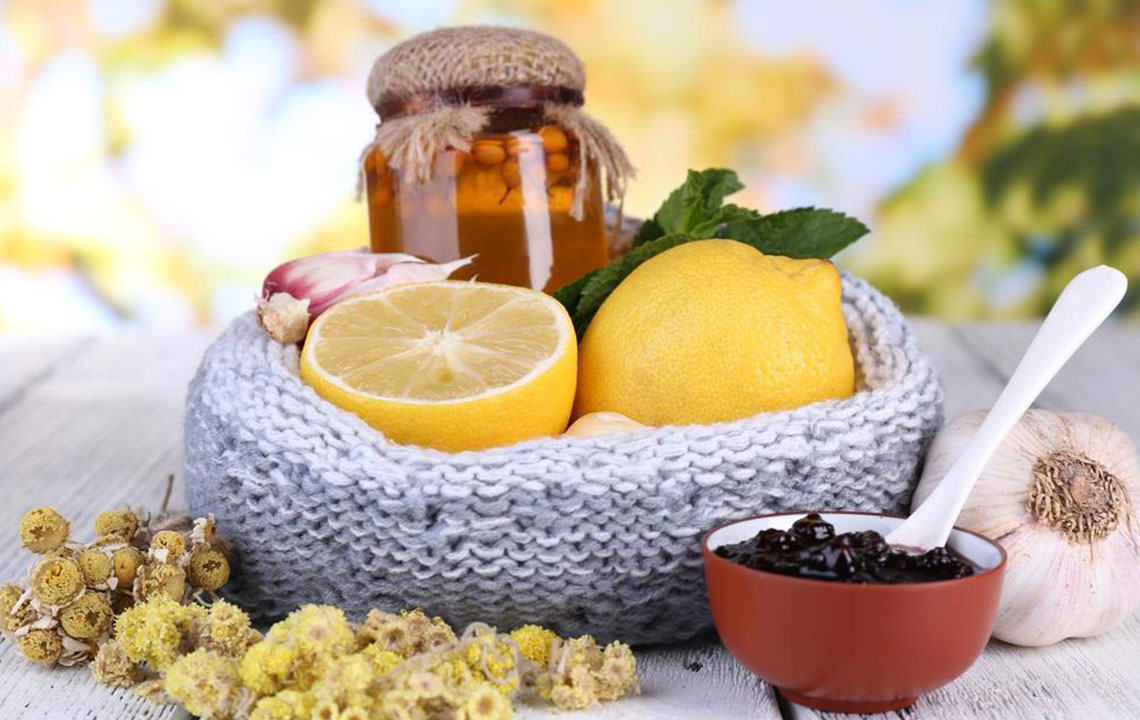Comprehensive Guide to Kidney Stones: FAQs and Essential Insights
This comprehensive guide provides in-depth answers to common questions about kidney stones, covering their causes, symptoms, treatment options, and natural remedies. Aimed at helping individuals understand and manage this condition, the article emphasizes the importance of medical consultation and lifestyle adjustments for prevention and treatment. Whether you're experiencing symptoms or seeking preventive tips, this detailed overview offers valuable insights to navigate kidney stone health confidently.

Comprehensive Guide to Kidney Stones: FAQs and Essential Insights
Understanding health issues can be daunting, especially when it comes to common conditions like kidney stones. These crystalline formations in the urinary tract affect many individuals worldwide, causing discomfort and health complications if not properly managed. Whether you're experiencing symptoms or seeking preventive measures, acquiring accurate knowledge about kidney stones is vital. This extensive guide addresses frequently asked questions, dispels common myths, and offers practical advice to help you navigate this condition with confidence.
1. What Are Kidney Stones?
Kidney stones are solid, crystalline formations that develop within the urinary system, primarily in the kidneys. These deposits are typically made up of calcium compounds like calcium oxalate, but they can also consist of uric acid, struvite, or cystine, depending on the type. The formation of stones occurs when substances normally dissolved in urine become concentrated and crystallize due to changes in pH or other metabolic factors. Small stones, often less than 5mm in diameter, may pass through the urinary tract without significant discomfort. However, larger stones can become lodged, leading to severe pain and potential complications.
2. How Do I Recognize If I Have Kidney Stones?
Detecting kidney stones early can prevent serious health issues. Symptoms vary depending on the size and location of the stone but commonly include intense pain in the back or side, pain during urination, blood in the urine, cloudy or foul-smelling urine, nausea, and vomiting. Some individuals may experience persistent urinary discomfort or a frequent urge to urinate, especially if the stone obstructs urine flow. In cases where symptoms are severe or persistent, medical evaluation through imaging tests like ultrasounds, CT scans, or X-rays is essential to confirm the presence of stones and determine their size and location.
3. Is Passing Kidney Stones Extremely Painful?
Passing kidney stones can indeed be painful, but the level of discomfort varies. Smaller stones often pass with mild to moderate pain, sometimes likened to menstrual cramps or severe muscle spasms. Larger stones or those lodged in narrow parts of the urinary tract tend to cause intense, sharp pain that radiates from the back to the groin or genital area. The pain is often episodic and can be accompanied by nausea, sweating, and chills due to the body's response to obstruction and inflammation. Regardless of pain severity, timely medical intervention is crucial to prevent complications such as infections or kidney damage.
4. Can Kidney Stones Be Dissolved Without Surgery?
In certain cases, kidney stones, especially uric acid stones (which constitute approximately 5-7% of all cases), can be dissolved using medical therapy. Medications like potassium citrate help alkalize the urine, promoting the breakdown and dissolution of uric acid stones. For other types, such as calcium oxalate stones, dissolution isn't typically possible, and treatment focuses on prevention and removal. Treatment options include extracorporeal shock wave lithotripsy (ESWL), which uses sound waves to break stones into smaller fragments; ureteroscopy; or percutaneous nephrolithotomy for larger stones. Accurate diagnosis and stone composition analysis are critical to determining the most effective treatment plan.
5. Are There Natural or Home Remedies to Manage Kidney Stones?
Many people explore home remedies to relieve symptoms or facilitate stone passage. Natural remedies such as drinking plenty of water to flush out the urinary system, consuming lemon juice rich in citrate to prevent stone formation, and eating pomegranate juice may offer supportive benefits. Some advocate for dietary changes, including reducing oxalate-rich foods like spinach and nuts and minimizing salt intake. Others suggest home remedies like olive oil, apple cider vinegar, and kidney-friendly natural products. However, these methods should not replace professional medical advice. If you're experiencing symptoms or diagnosed with kidney stones, consulting a healthcare provider for appropriate treatment is essential to prevent complications and ensure effective management.
In summary, kidney stones are a common but manageable health concern. Understanding their causes, symptoms, and treatment options empowers patients to seek timely medical care. Although painful, proper diagnosis, medical interventions, and lifestyle changes can significantly reduce the risk of recurrence and complications. Staying hydrated, maintaining a balanced diet, and regular health check-ups are key preventative strategies. If you suspect you have kidney stones or are at risk, consult a healthcare provider promptly to explore diagnostic options and develop a personalized treatment plan. With advancements in medical technology and increased awareness, managing kidney stones effectively is more accessible than ever.





